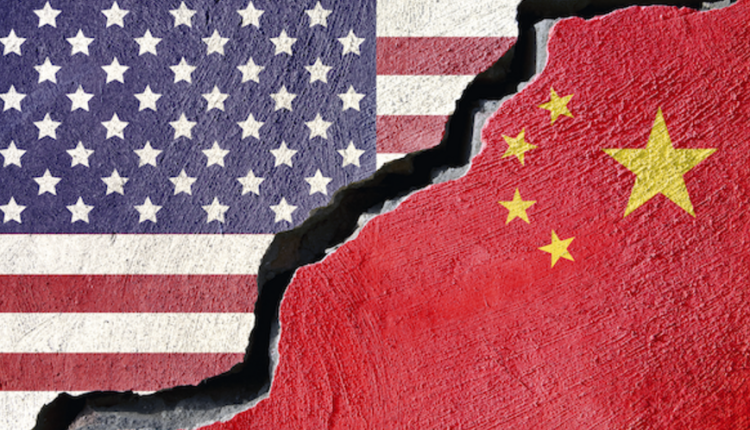USA, China Convene In Geneva To Deliberate On AI Risk
The representatives from the United States and China will convene in Geneva on Tuesday to deliberate on artificial intelligence (AI). The deliberation will focus on exploring strategies to address potential risks associated with this evolving technology.
The Biden administration has actively pursued dialogue with China across various fronts to minimize misunderstandings between the two nations.
In April, U.S. Secretary of State Antony Blinken and China’s Foreign Minister Wang Yi initiated discussions on AI during their meeting in Beijing. Subsequently, they agreed to hold the first formal bilateral talks on the topic.
The State Department has urged China and Russia to adopt similar positions to the U.S., affirming that decisions regarding the deployment of nuclear weapons should be exclusively made by humans, not artificial intelligence.
“This is the first meeting of its kind. So, we expect to have a discussion of the full range of risks, but wouldn’t prejudge any specifics at this point,” a senior administration official told reporters ahead of the meeting when asked if the U.S. would prioritize the nuclear weapons issue.
According to the official, China’s swift implementation of AI across civilian, military, and national security domains frequently jeopardized the security of the U.S. and its allies. They emphasized that these discussions would provide an opportunity for Washington to directly convey its apprehensions.
Also Read: U.S. Lawmakers Introduce Bill To Strengthen AI Export Control
“To be very clear, talks with Beijing are not focused on promoting any form of technical collaboration or cooperating on frontier research in any matter. And our technology protection policies are not up for negotiation,” the official added.
The White House National Security Council (NSC) announced on Monday that the U.S. delegation will comprise officials from the White House, State Department, and Commerce Department.
Reuters has disclosed that the Biden administration intends to establish safeguards for U.S.-developed proprietary AI models, such as those behind popular chatbots like ChatGPT, to protect the technology from countries like China and Russia.
Another U.S. official, briefing reporters, noted that Washington and Beijing are vying to influence the regulations surrounding AI while also considering the possibility of universal acceptance of certain rules by all nations.
“We certainly don’t see eye to eye … on many AI topics and applications, but we believe that communication on critical AI risks can make the world safer,” the second official said.
Tarun Chhabra, an official from the NSC, along with Seth Centre, the acting special envoy for critical and emerging technology at the State Department, will spearhead the discussions with representatives from China’s Foreign Ministry and the National Development and Reform Commission, the state planner.
U.S. Senate Majority Leader Chuck Schumer intends to release recommendations in the coming weeks to address AI-related risks, which will then be transformed into incremental legislation.
He has highlighted competition with China and its varied objectives for AI, such as surveillance and facial recognition applications, as the rationale behind Washington’s imperative to lead in formulating laws concerning this swiftly evolving technology.
Chinese authorities have been stressing the importance of the country developing its own “controllable’’ technology.

